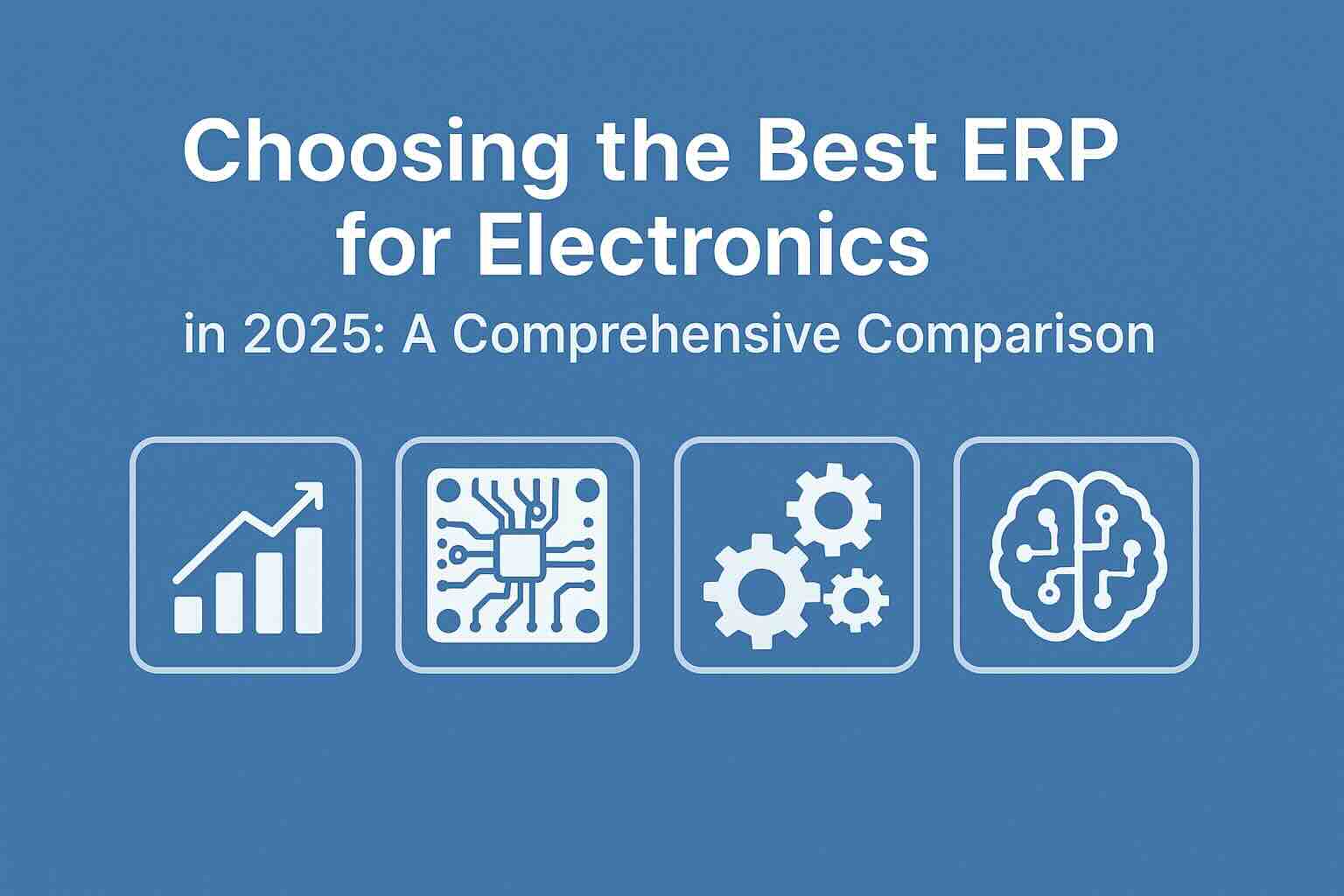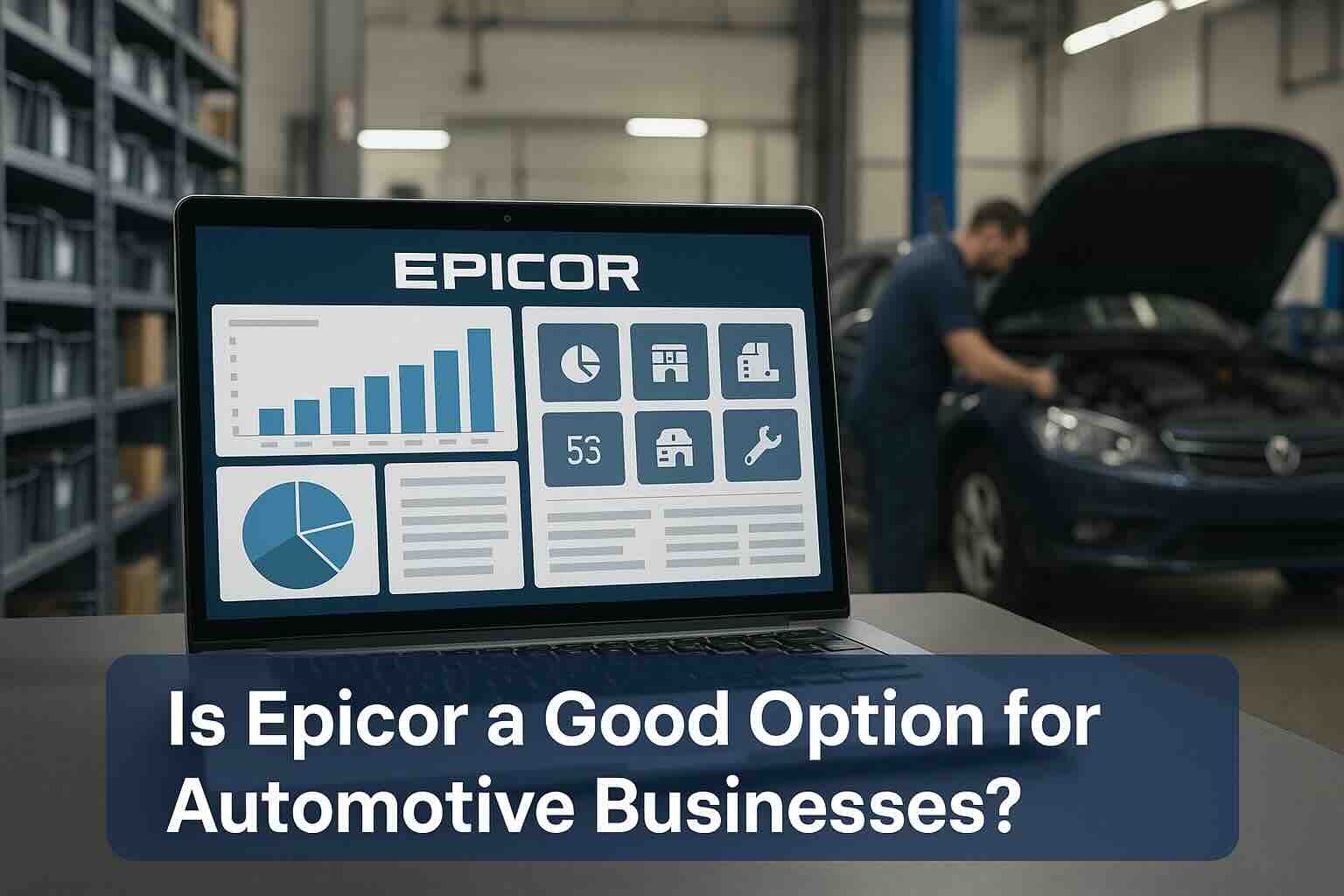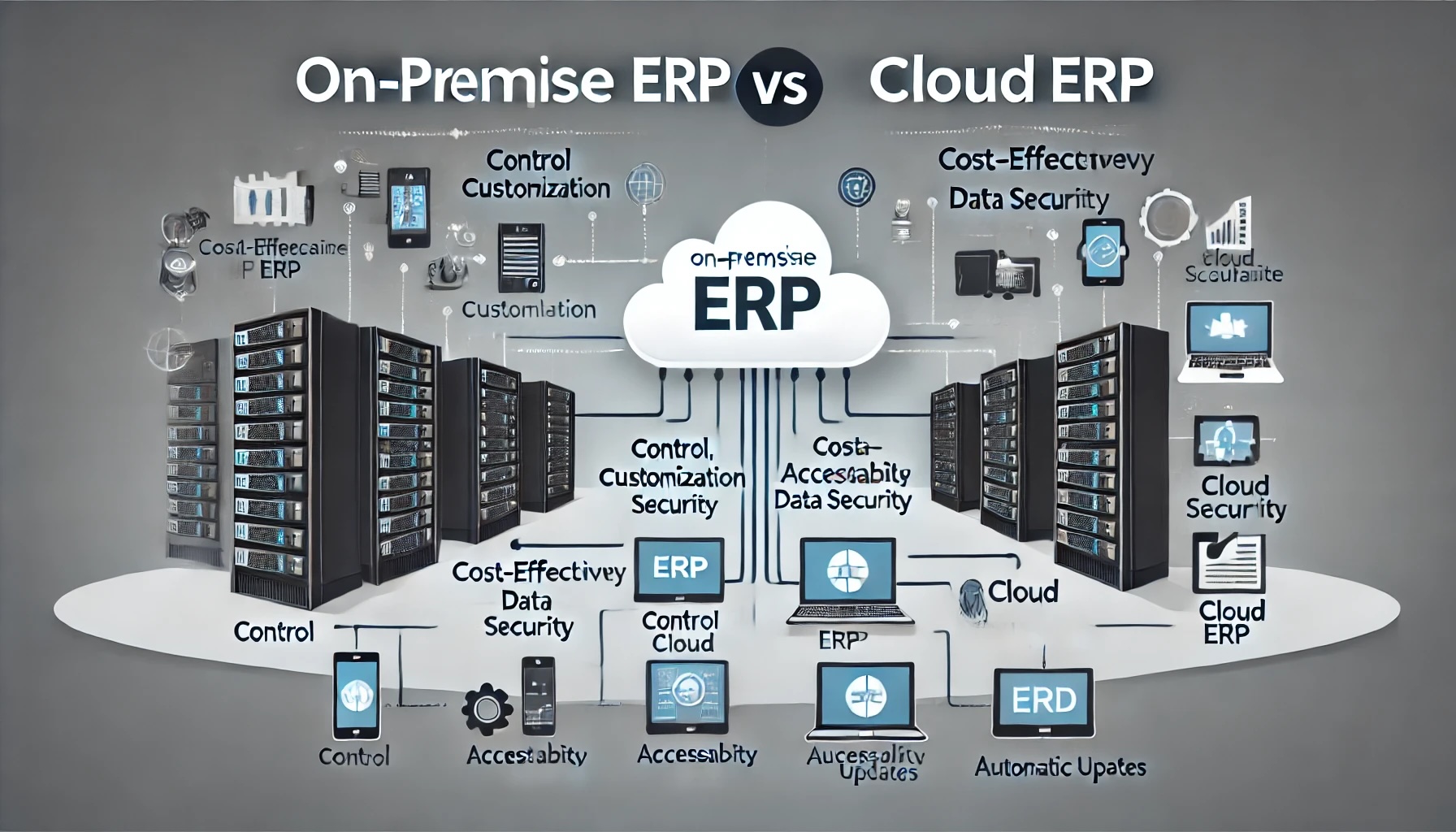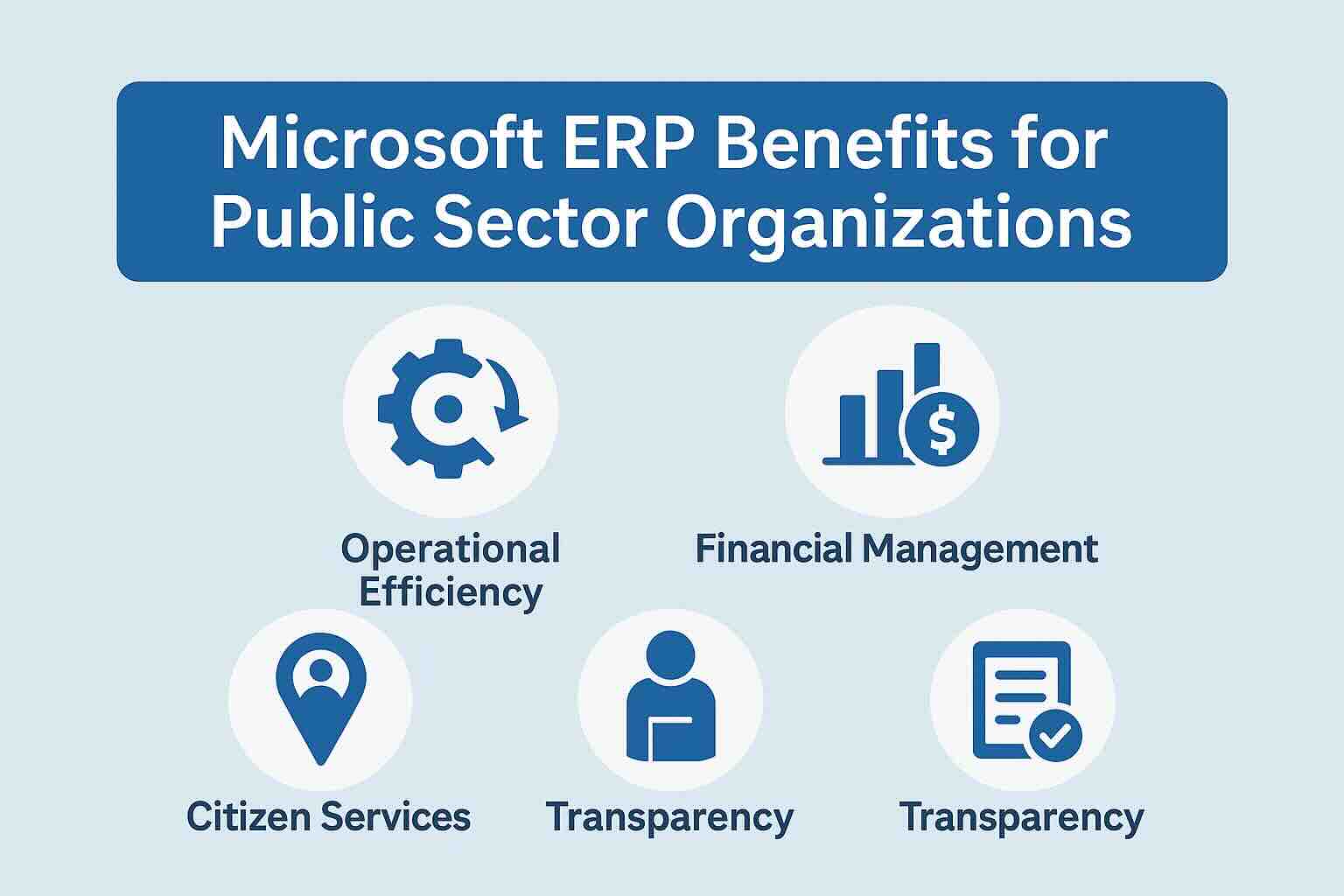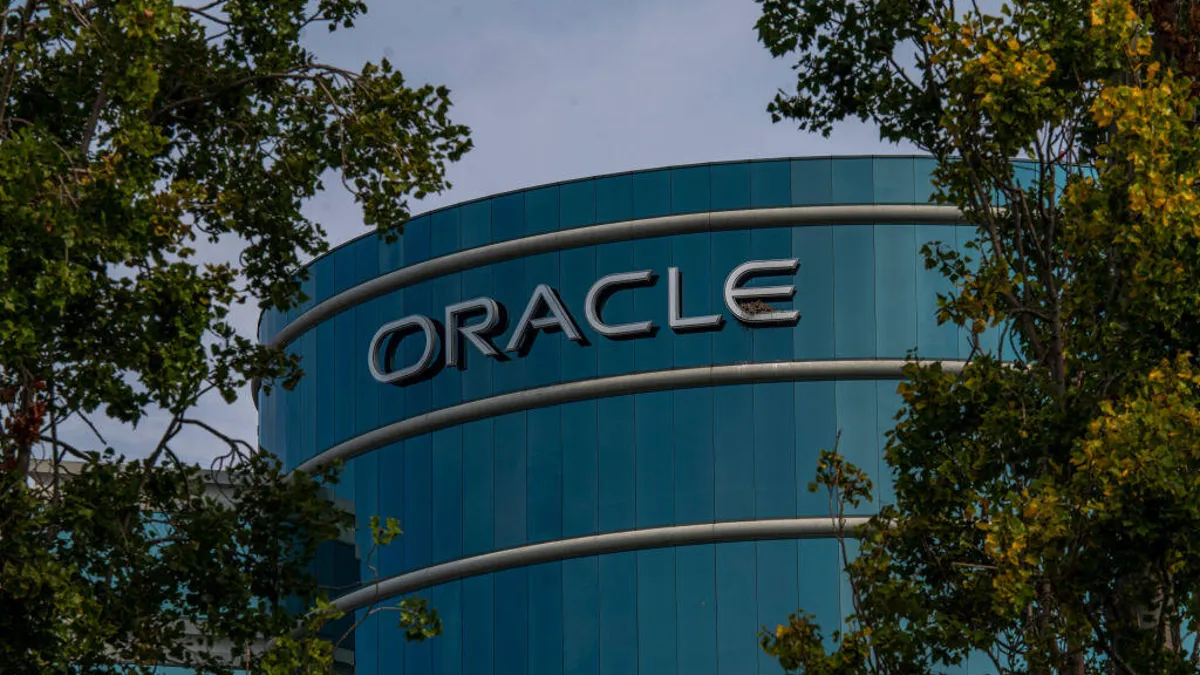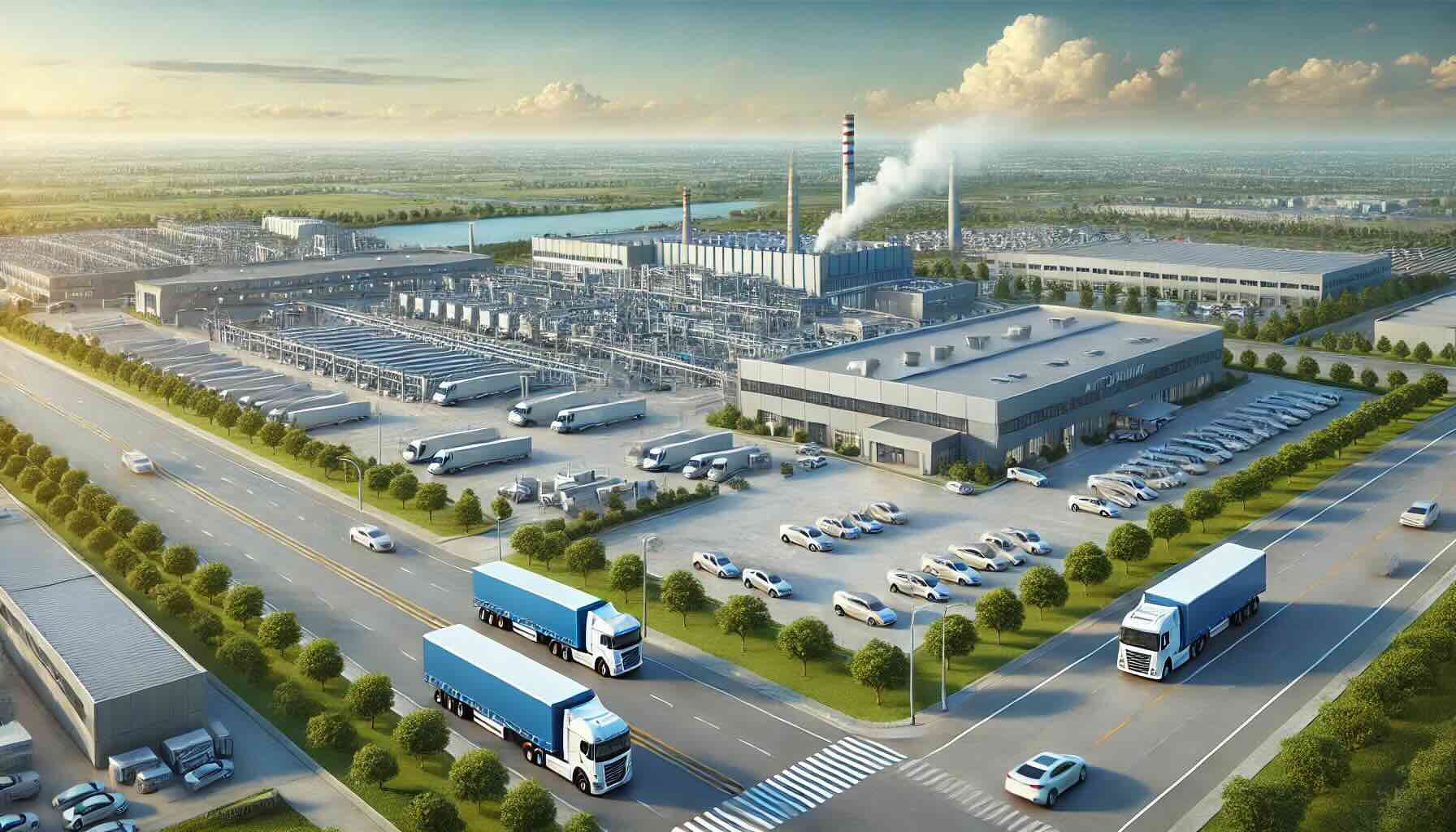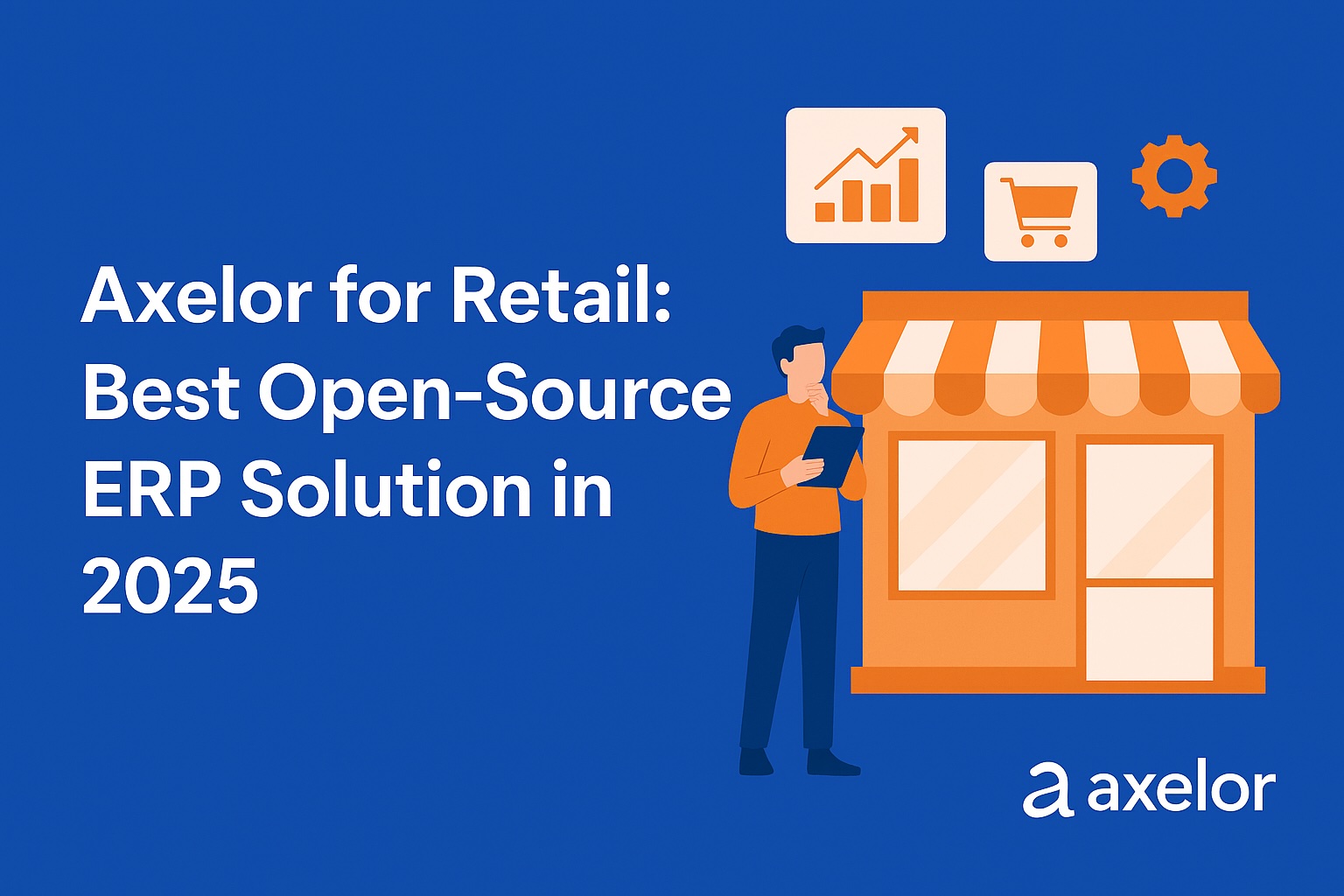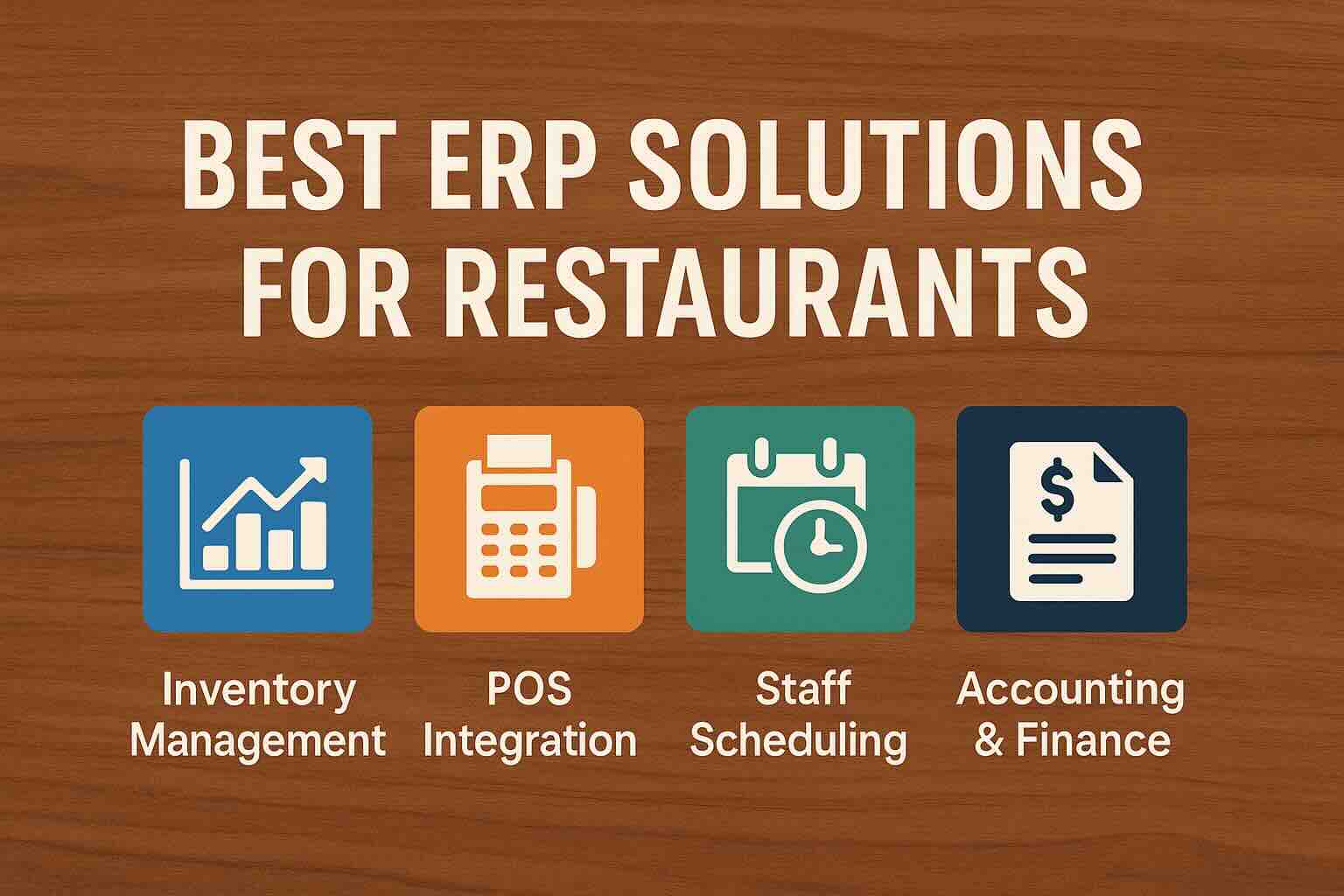SAP vs Salesforce: Comparing Two Giants of Enterprise Software
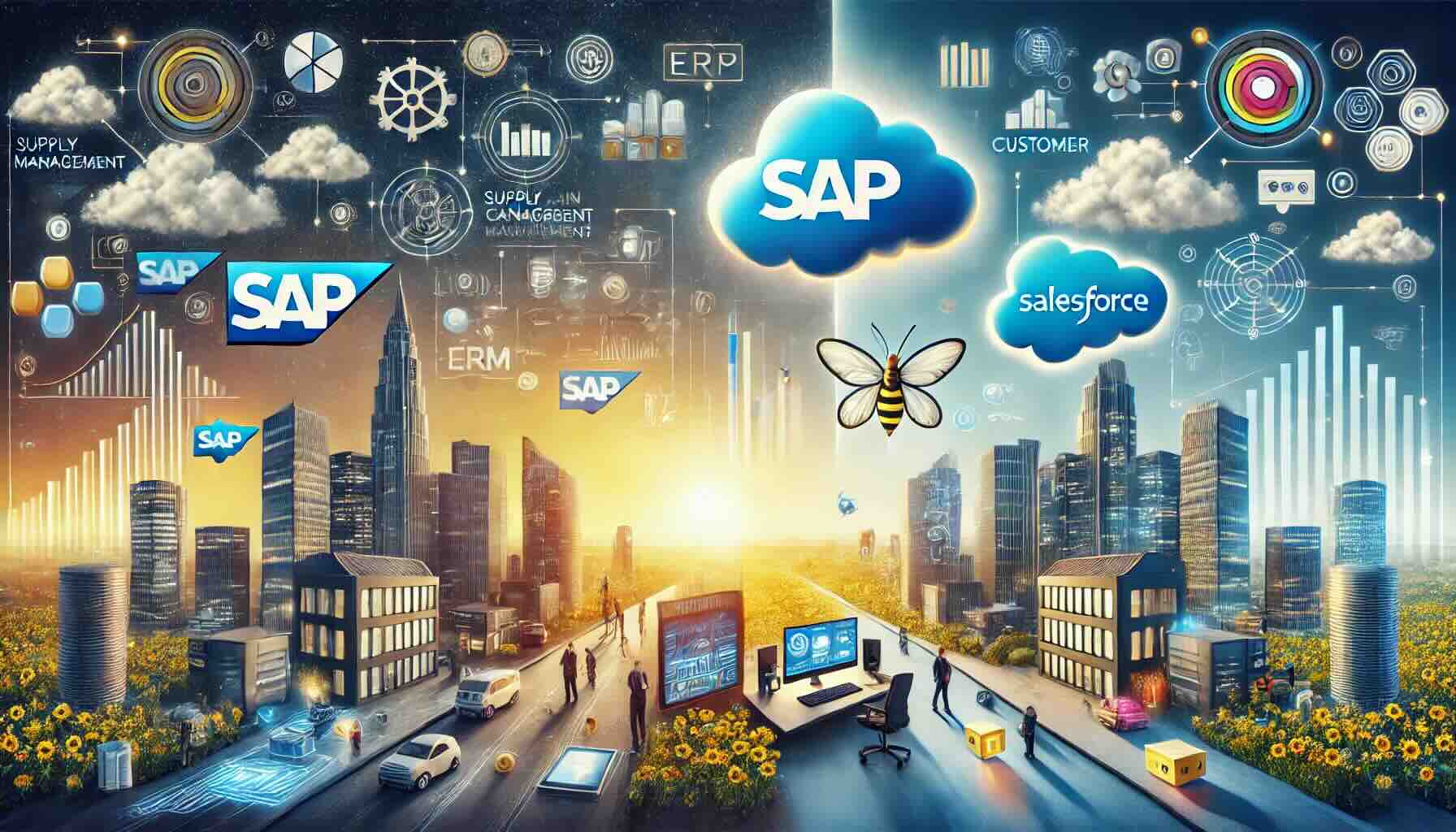
Businesses today operate in a hyper-competitive environment, making it imperative to adopt robust software solutions for managing customer relationships, operations, and overall enterprise functions. Among the most prominent names in the enterprise software landscape are SAP and Salesforce. Both companies offer cutting-edge solutions, but they cater to distinct needs and excel in different areas. In this article, we will delve into a detailed comparison of SAP vs Salesforce, focusing on their features, use cases, and suitability for various business scenarios.
Overview of SAP
SAP (Systems, Applications, and Products) is a global leader in enterprise software. Founded in 1972, SAP specializes in Enterprise Resource Planning (ERP) software that helps organizations integrate and manage key business processes like finance, supply chain, manufacturing, and human resources.
Key Features of SAP
- End-to-End ERP Solutions: SAP provides comprehensive tools to manage business operations across all departments.
- Industry-Specific Solutions: SAP offers tailored solutions for industries such as manufacturing, retail, healthcare, and finance.
- Integration Capabilities: With SAP S/4HANA, businesses can seamlessly integrate data across multiple systems for better decision-making.
- Scalability: SAP systems are highly scalable and designed to grow with businesses.
- Customizability: SAP allows deep customization to meet specific business requirements.
Use Cases for SAP
SAP is ideal for:
- Large enterprises with complex business processes.
- Industries that require supply chain management or manufacturing planning.
- Businesses needing deep integration across multiple departments and systems.
To find out more about SAP you can visit this link.
Overview of Salesforce
Salesforce, founded in 1999, is the global leader in Customer Relationship Management (CRM) software. Built on a cloud-based architecture, Salesforce focuses on helping businesses manage customer interactions, sales, marketing, and service operations.
Key Features of Salesforce
- Comprehensive CRM Platform: Salesforce offers tools to manage sales pipelines, customer service, and marketing campaigns.
- Cloud-Based Architecture: As a fully cloud-based solution, Salesforce eliminates the need for on-premises hardware.
- AI Integration: With Salesforce Einstein, businesses can leverage artificial intelligence for predictive analytics and automation.
- App Ecosystem: Salesforce AppExchange provides access to thousands of third-party applications.
- Customization and Scalability: Salesforce offers a high level of customization to suit businesses of all sizes.
Use Cases for Salesforce
Salesforce is ideal for:
- Businesses looking to streamline sales and marketing efforts.
- Organizations focused on improving customer experiences.
- Startups and mid-sized businesses due to its flexibility and scalability.
To find out more about Salesforce you can visit this link.
SAP vs Salesforce: Key Differences
While SAP and Salesforce have overlapping functionalities, they cater to distinct business needs. Here’s a side-by-side comparison:
1. Core Focus
- SAP: Focuses on enterprise-wide solutions, with a strong emphasis on ERP and back-office functions like finance, HR, and supply chain management.
- Salesforce: Specializes in CRM, offering tools to enhance customer relationships, sales, and marketing.
2. Cloud Capabilities
- SAP: Traditionally an on-premises software, though SAP has made significant strides in cloud solutions with SAP S/4HANA Cloud.
- Salesforce: A pioneer in cloud computing, offering a fully cloud-native experience from the start.
3. Ease of Use
- SAP: Known for its complexity and steep learning curve, requiring expert training and support.
- Salesforce: Designed with user-friendliness in mind, offering an intuitive interface that’s easier for new users to adopt.
4. Integration
- SAP: Excels in integrating complex enterprise processes across various departments.
- Salesforce: Strong integration with third-party applications through its AppExchange platform.
5. Industry Adoption
- SAP: Preferred by industries like manufacturing, retail, and logistics, where ERP capabilities are critical.
- Salesforce: Widely adopted by sales-driven industries like retail, financial services, and technology.
6. Customization
- SAP: Highly customizable but requires significant time and expertise.
- Salesforce: Equally customizable but easier to configure through its low-code and no-code tools.
Pricing Comparison
When evaluating SAP vs Salesforce, pricing is an important consideration.
- SAP: Pricing varies widely depending on the complexity of the implementation. SAP solutions are generally considered expensive, making them a better fit for large enterprises with significant budgets.
- Salesforce: Offers more flexible pricing models, starting with affordable plans for small businesses and scaling up for enterprises.
Choosing Between SAP and Salesforce
The choice between SAP and Salesforce depends on your business needs:
- Choose SAP if:
- You need an integrated ERP system that can handle finance, supply chain, and manufacturing.
- Your business requires industry-specific solutions for complex processes.
- You’re a large enterprise with the resources to invest in a robust, enterprise-wide platform.
- Choose Salesforce if:
- Your primary focus is on improving customer relationships, sales, and marketing.
- You’re looking for a cloud-native CRM platform with AI-driven insights.
- You’re a small or mid-sized business seeking a scalable, easy-to-use solution.
Hybrid Approach: SAP and Salesforce Integration
Interestingly, many businesses leverage both SAP and Salesforce by integrating them. For example:
- SAP manages back-office operations like inventory, finance, and HR.
- Salesforce handles front-office functions like sales, marketing, and customer service.
Integration ensures a seamless flow of data between the two platforms, enabling businesses to enjoy the best of both worlds.
Final Verdict
When comparing SAP vs Salesforce, it’s clear that both platforms are leaders in their respective domains. SAP is the go-to solution for enterprises looking to streamline and integrate complex operations like finance, supply chain, and manufacturing. On the other hand, Salesforce shines in customer-focused functions such as sales, marketing, and service management, making it an excellent choice for businesses prioritizing customer relationships and revenue growth.
Understanding your business priorities—whether operational efficiency or customer engagement—is the key to choosing the right platform. For many organizations, integrating both solutions can deliver unparalleled efficiency and growth by combining SAP’s enterprise management capabilities with Salesforce’s CRM expertise.
Implementing the right ERP system could be the game-changer your business needs. With our AI-poweredCompare ERP tool, you can effortlessly explore and compare solutions tailored to your unique business needs. It’s free to use, and you’ll receive a guaranteed discount on your first year’s license fees with a referral from Compare ERP. Take the first step toward streamlining your processes and boosting productivity and start comparing today!
